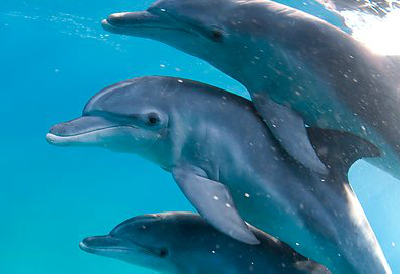Postgraduate opportunities
PhD programme
Numerous opportunities are available to undertake PhDs within SLaCE. These opportunities will vary each year, depending on the availability of studentship funding. In the first instance, please contact potential supervisors directly to inquire about available projects or to describe your own research ideas. Information about how to apply for entry to the University’s PhD programme is available for Biology and Psychology & Neuroscience.
MSc by Research
This MSc is a one-year, full-time research degree programme, which consists of an independent research project conducted under the supervision of a Principal Investigator. The student does not have to enrol for any taught modules, but can potentially audit relevant courses at taught postgraduate or undergraduate level. In the first instance, please contact a potential supervisor to discuss available projects and funding options. Find more details for Biology and Psychology and Neuroscience.
MSc in Animal Behaviour
This programme, coordinated by the Centre for Biological Diversity, covers theoretical, experimental, analytical and technical approaches to the study of animal behaviour. The first semester focuses on research methods and includes a residential field trip, while the second semester covers science communication and provides a range of optional modules on topics such as biologging, predators and prey, social learning, polar ecosystems and scientific diving.
MSc in Comparative, Evolutionary and Developmental Psychology
This programme, coordinated by the Origins of Mind group, covers comparative, evolutionary, and developmental approaches to the study of the mind in human beings and other animals. The core modules focus the evolutionary origins of cognition, the evolution of communication and evolutionary perspectives on human behaviour, plus statistical methods, with optional modules covering topics such as mechanisms of behaviour and theory of mind.
MSc in Marine Mammal Science
The programme, which is coordinated by the Sea Mammal Research Unit, prepares students for professional careers in the research and conservation of marine mammals. Core topics include quantitative techniques (e.g., statistical modelling and GIS) and applied research methods, including a field course to practice survey techniques, with optional modules covering topics such as bioacoustics, biologging, behaviour and cognition, and population biology.
Scholarships
We encourage applications from prospective postgraduate students from disadvantaged or minoritised backgrounds or from low-income countries. A full list can be found on the University’s scholarship webpage, and the following scholarships might be of interest to potential applicants:
- Charles Wallace Trusts for students from Bangladesh, Myanmar, India and Pakistan.
- Chevening Scholarships for Masters students from Ghana, Kenya, Malawi, Rwanda, South Africa, Tanzania, Uganda or Zambia.
- Commonwealth Masters Scholarships, Commonwealth Shared Scholarship Scheme and Commonwealth Scholarships for residents of eligible countries.
- Snowdon Trust Masters Scholarship for disabled students.
- St Leonards Masters Scholarships for UK students and St Leonards Masters Scholarship (International) for international students.
- Postgraduate Hardship Funds at the University of St Andrews.
